As normal as the Mannheim may seem from the outside, on the inside this 200-meter-long river transport vessel is simply revolutionary. The engine room boasts a high-tech diesel-electric powertrain, centered on five powerful PACCAR MX-13 engines supplied by DAF Components.
Thanks in part to the formidable 530 hp PACCAR MX-13 engines built by DAF in Eindhoven, the Mannheim is 30% more efficient. The ship’s NOx emissions are also five times lower compared to similar ships equipped with a conventional powertrain. In addition, the diesel-electric system makes the 4,600-tonne Mannheim much quieter and more comfortable. The ship will be used by the Rhenus Partnership – a subsidiary of the German logistics specialist Rhenus Group – for transport between southern Germany, Antwerp and Rotterdam.
Denmark conducts the world’s first test for guided ships from land
Innovative diesel-electric powertrain
The idea of using a diesel-electric powertrain originally came from Rhenus. They contacted Vink Diesel, a family-owned firm based in Sliedrecht (the Netherlands), and asked them to equip the Mannheim with a powertrain powered by five PACCAR MX-13 engines. Each of the five engines, which have been adapted for marine use by the Dutch company NPS Driven, drives a generator that powers two electric motors and, finally, the ship’s two propellers.
Emission-free navigation
The powertrain offers a maximum output of 2650 hp (1946 kW). An innovative energy management system controls the number of MX-13 engines that need to operate and at what capacity. When Mannheim transports a full load upstream, all five engines are used to generate the maximum amount of electricity. And when sailing downstream, a single engine is often enough. This flexibility provides significant fuel savings and a major reduction in CO2 emissions.
An additional battery and an additional hydrogen-powered power source make it possible even to temporarily shut down the engines so that the ship can be operated fully electrically – and emission-free – when in port. Mannheim can also sail with zero emissions when passing through cities located on the river.
Efficient, clean, quiet
“This solution offers major benefits,” says Peter van der Heijden, director of NPS Driven. “The efficiency of the PACCAR MX-13 motors is unparalleled and they only work when needed.” Compared to similar conventional powertrains, fuel consumption and CO2 emissions are 30% lower. And the fact that Rhenus has chosen HVO as its fuel means that CO2 emissions are reduced by a further 90%. The NOx emissions of the PACCAR MX-13 engines are also five times lower than those of the cleanest marine engines on the market.
Revolutionary powertrain, high availability
“For a powertrain as revolutionary as this, we wanted to find the most efficient and cleanest source of energy on the market. The PACCAR MX-13 engine from DAF was the best option in every way,” said Robert Graf-Potthoff, technical inspector at Rhenus. “The fact that the PACCAR MX-13 engines require much less maintenance than a standard marine engine significantly increases the availability of the vessel.”


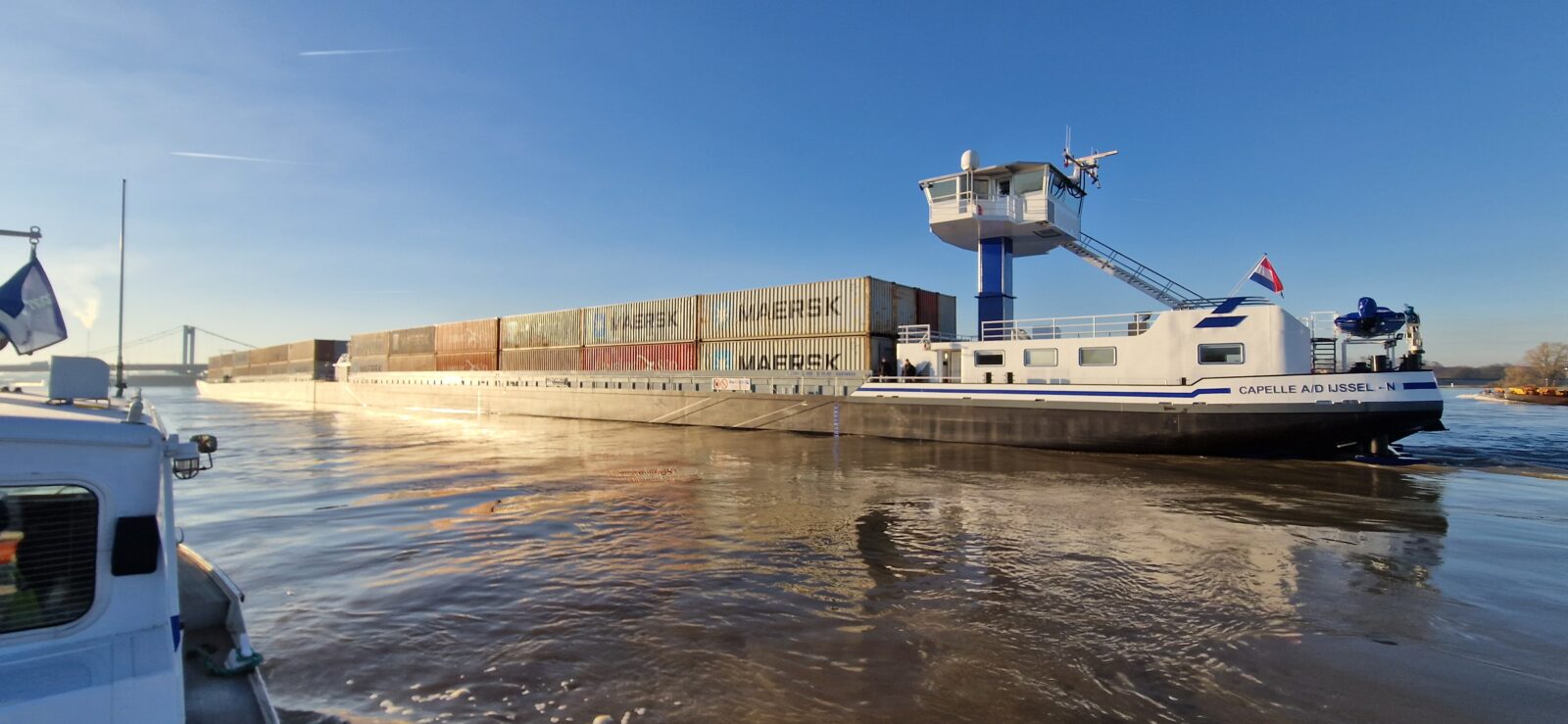
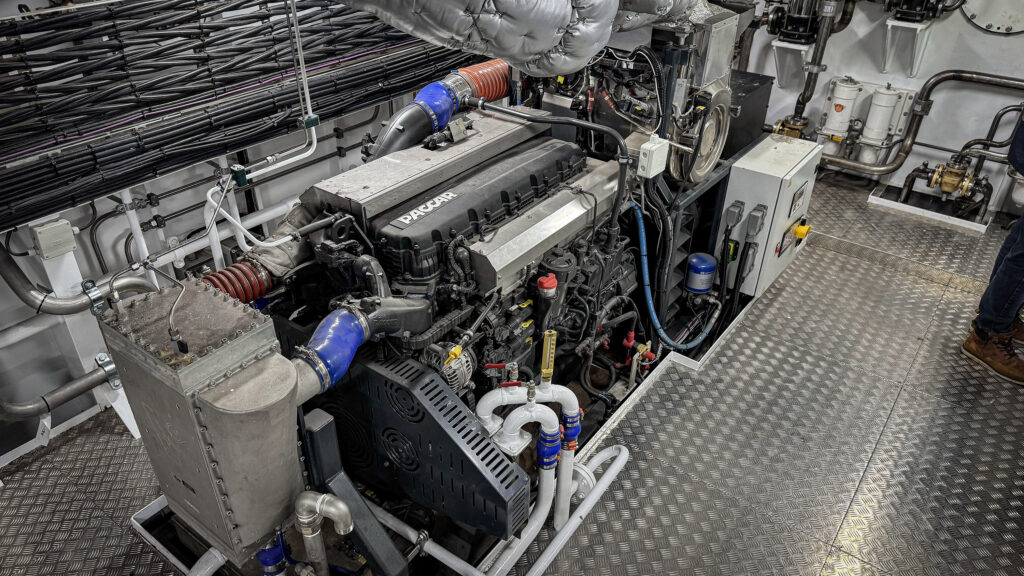
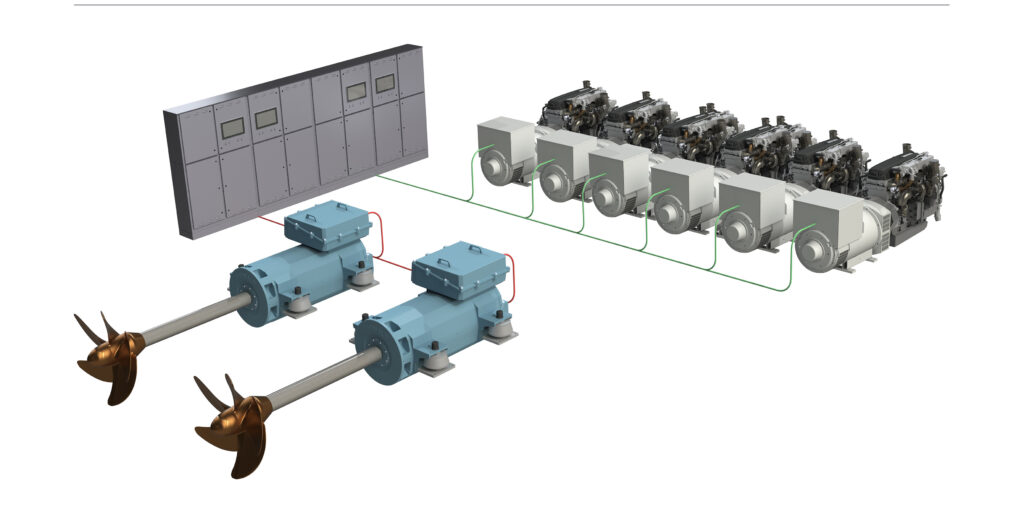
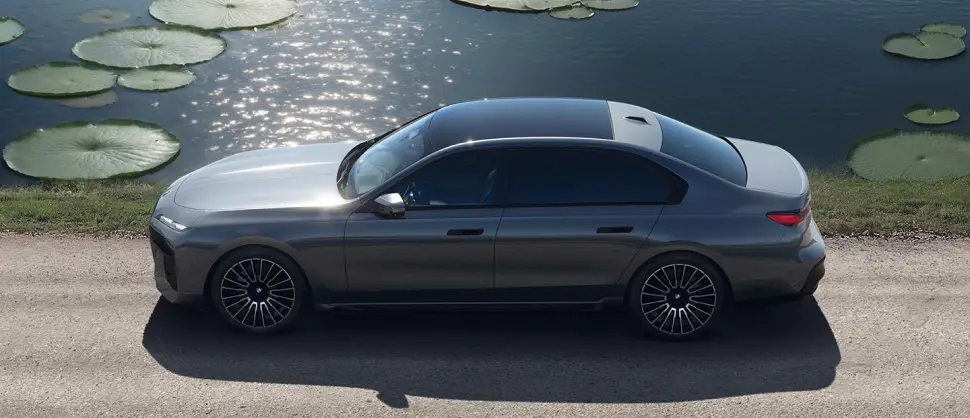







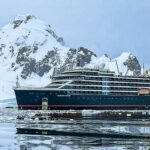


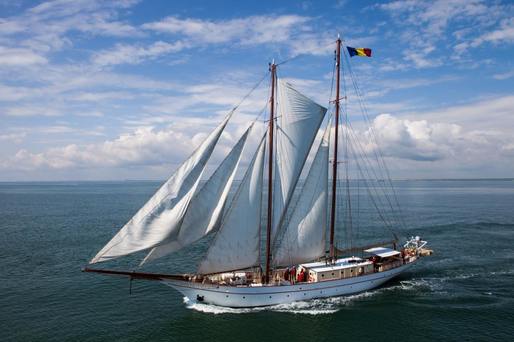
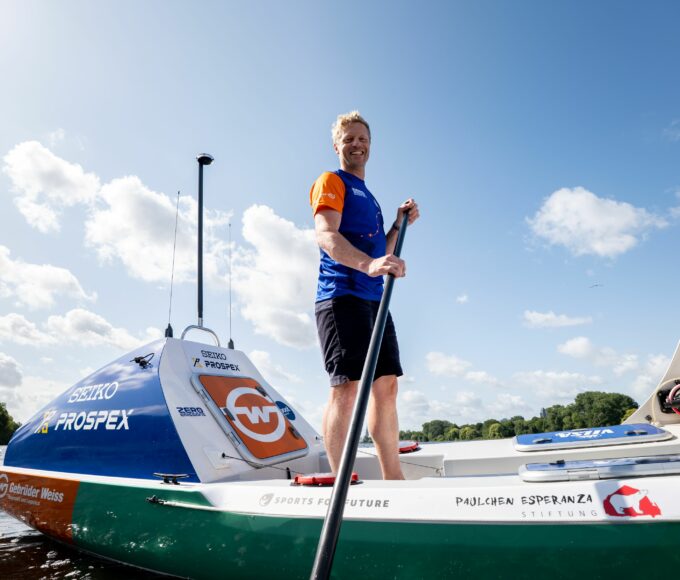
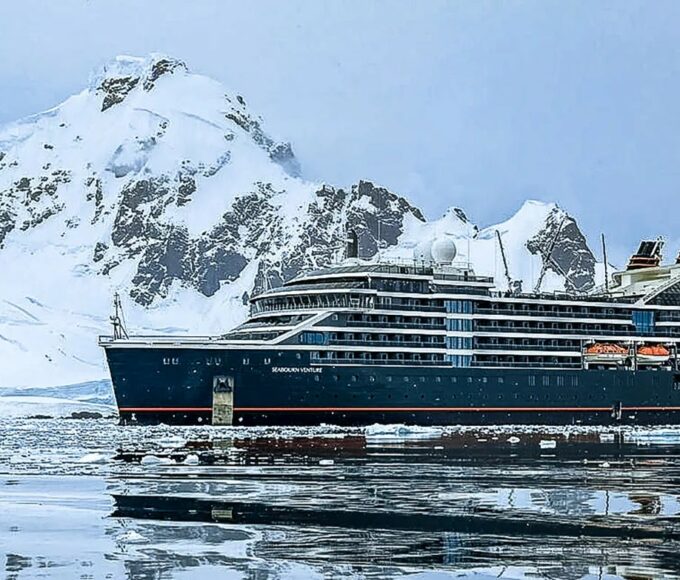

Comentați?